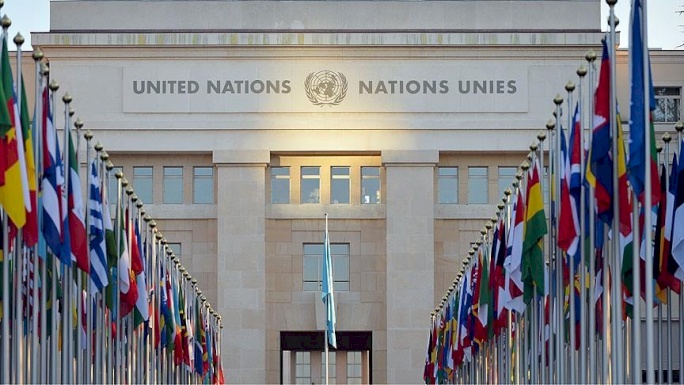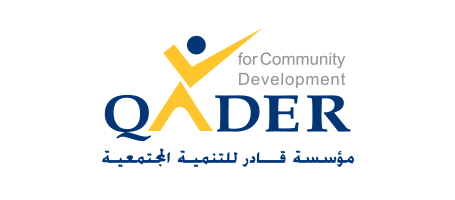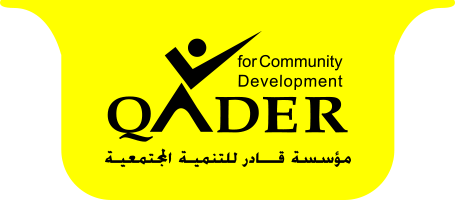QADER Embeds “the Palestinian Imprint” in the New Global Guidelines for Women and Girls with Disabilities

In contribution to the forthcoming UNCRPD global guidelines for women and girls with disabilities, QADER for Community Development submitted an analytical paper that represents a significant contribution to addressing the multiple and intersecting forms of discrimination faced by women and girls with disabilities at both the national and global levels. It adopts a comprehensive rights-based approach grounded in the Palestinian case as the litmus test for global justice amid ongoing aggression, genocide, starvation policies, and forced transfer.
These guidelines, the first of their kind globally, come within the framework of United Nations efforts that align with QADER’s vision and approaches aimed at redefining the concept of protection in the contexts of armed conflict and colonial occupation. They seek to ensure the integration of the disability inclusion approach within the international justice system. Grounded in an in-depth analysis of the Palestinian reality through the lenses of international humanitarian law, human rights law, and international criminal law, the document positions the Palestinian experience as a benchmark for reshaping global concepts of justice, accountability, and equality.
QADER’s contributions to the draft of the global guidelines covered several of the key proposed thematic areas, including: the establishment of a unified international system for disability-disaggregated data collection in line with Article (31) of the Convention on the Rights of Persons with Disabilities (CRPD) and its linkage to international accountability mechanisms; the establishment of a binding periodic accountability mechanism within the Committee to activate urgent measures in situations of starvation, forced transfer, and genocide; and the inclusion of disability within Security Council Resolution 1325 (2000), alongside a comprehensive training plan to mainstream the disability inclusion approach in operational manuals and field monitoring tools.
In parallel with the development of its “Palestinian imprint” contribution to the development of the global guidelines, QADER launched an urgent appeal that was officially circulated to United Nations bodies, specialized agencies, the Office of the High Commissioner for Human Rights (OHCHR), the Special Procedures of the UN, and international organizations. The appeal serves as a roadmap for prioritizing the needs of persons with disabilities in the humanitarian response and reconstruction efforts in Gaza.
This initiative forms part of QADER’s broader strategic path to strengthen its presence within the United Nations system and enhance its partnerships with the CRPD Committee and the OHCHR, with the goal of advancing monitoring and accountability mechanisms and generating specialized rights-based knowledge.
These steps manifest QADER’s vision of transforming the Palestinian experience from immense anguish into a powerful rights-based and legislative force that influences the shaping of international frameworks for justice and disability inclusion. True justice, after all, is not measured by the number of reports produced, but by its ability to protect human beings and uphold their dignity amid pain. Through this integrated path, QADER seeks to solidify its Palestinian and global voice in building a new human rights discourse that redefines the relationship between law and dignity, and transforms the Palestinian wound into a universal model for advancing justice.

